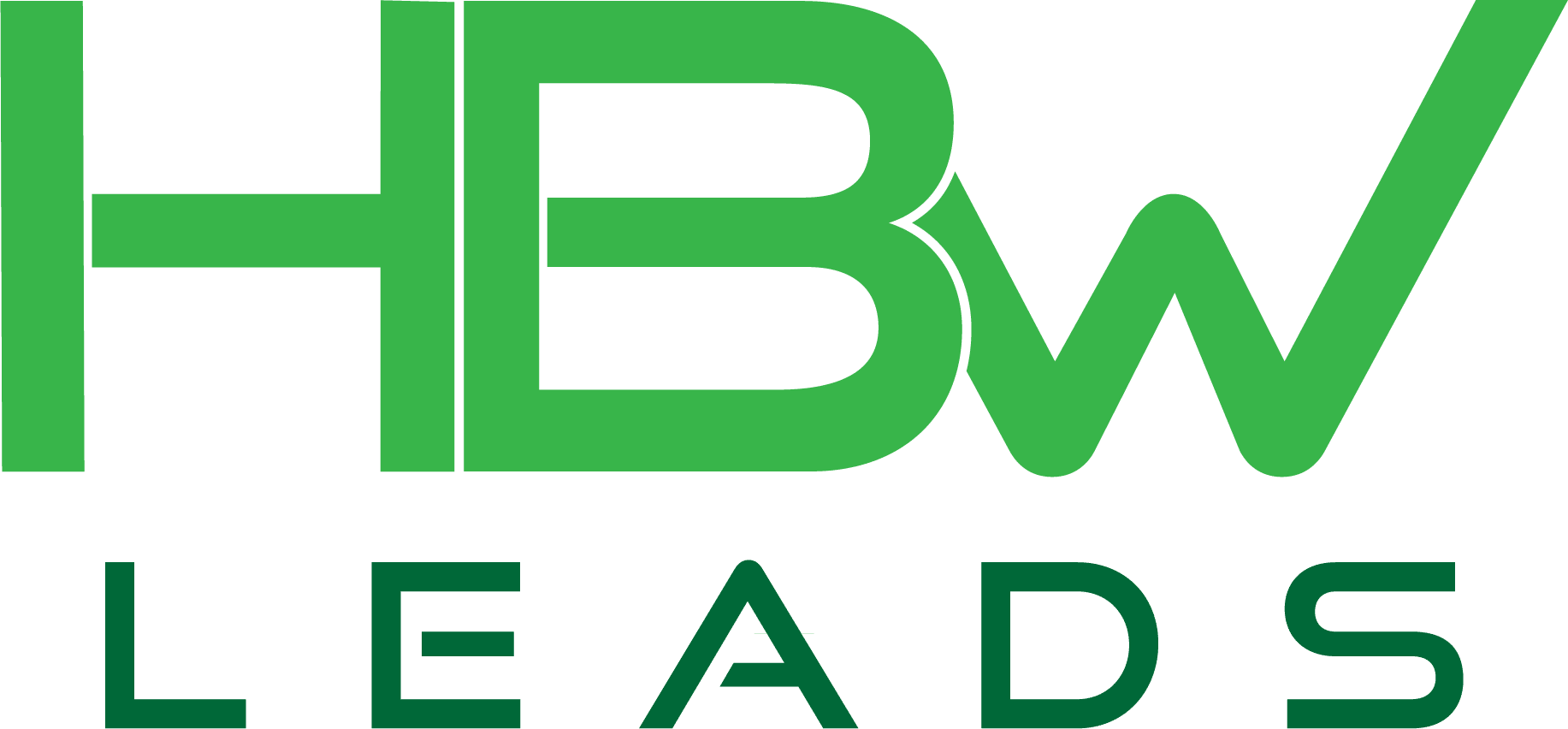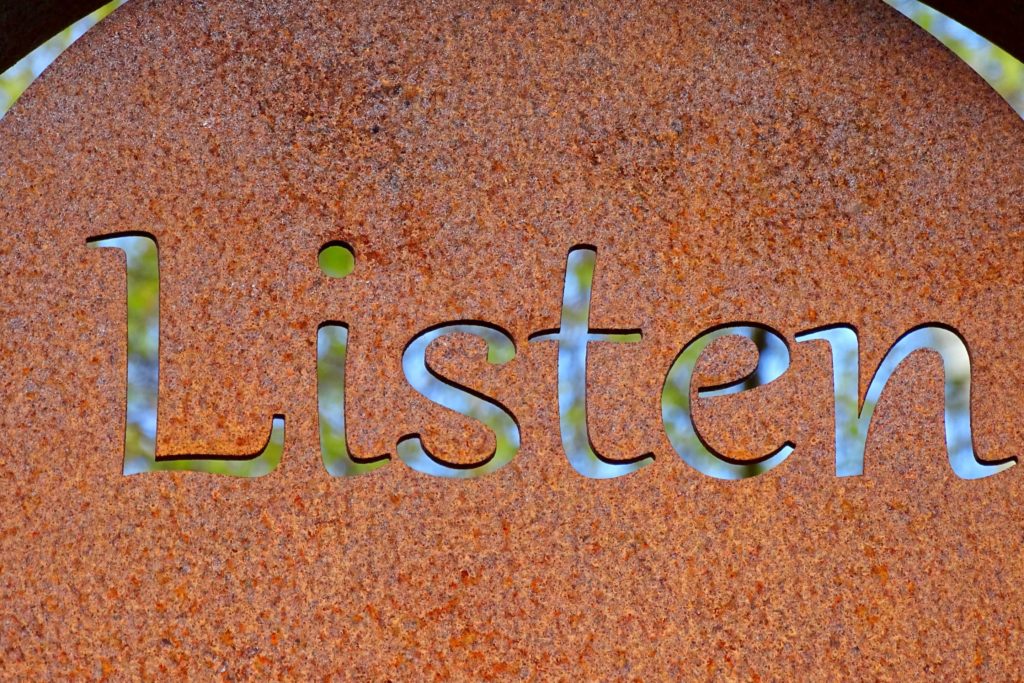Practicing active listening in sales helps you identify and address consumer pain points. Discover 7 ways to enhance this soft skill.
Known as the Father of Listening, Ralph G. Nichols once said, “The most basic of all human needs is the need to understand and be understood. The best way to understand people is to listen to them.” For this reason, active listening in sales can be the game-changer you need to convert prospects.
What’s important to realize, however, is that it truly is a skill that you have to learn and practice in order for it to be effective. The effort is well worth it, though, as good listening skills can help jumpstart your insurance career!
Discover 7 tips that will help you perfect your active listening in sales situations
1. Be present.
One of the best pro tips for boosting your productivity is to stay focused. Whether you have a physical or virtual meeting with a client, it’s crucial to be mentally present. Put aside any thoughts except for being there for your prospect, and avoid distractions.
Being available for your clients means being aware of the person you’re meeting with and your communication flow. Doing so will improve your interactions and hone your problem-solving skills.
2. Listen with the intent to understand.
Your brain is hardwired to listen to reply, not to understand. In most cases, it goes straight into evaluating what you hear to pass judgment.
Active listening in sales starts with listening to understand what your prospects want and need. This process is challenging because it defies your instincts, but it’s an essential step in mastering the art of listening.
3. Fight the urge to interrupt.
Dominating the conversation is one of the most common mistakes agents make. No matter how tempting it is to sell right away, don’t do it. There’s a time to discuss your product’s features and benefits.
When potential clients start opening up about their distinct needs, just listen to them. Give them time to voice their concerns, questions, and insights. That will help them feel important and heard.
4. Ask questions.
When you hear ambiguous statements or find your clients’ remarks confusing, you can avoid misinterpreting their intent by asking thought-provoking, open-ended questions. These questions can take your conversation to a deeper level.
For instance, instead of asking, “Are you interested in switching brands?” You can ask, “What features do you want to see in your new policy?”
5. Paraphrase and summarize.
Mirroring is a sales technique where a salesperson imitates a prospect’s nonverbal or verbal behaviors. It reiterates that you understand what you heard by repeating it. For instance, you can cross your arms when a client does the same. Or, you can paraphrase and summarize what you learned to prove you’ve been listening attentively.
It may seem awkward at first, but it can help you earn another individual’s trust and bring down their guard. This process makes them more open to hearing about your products and services.
6. Write down notes.
Taking notes can do wonders for your sales meetings, because it forces you to focus on your prospects. Instead of being a passive participant in the conversation, note-taking encourages you to actively engage with your counterpart.
Once you reread your notes, you can identify critical information you missed earlier. This process lets you understand your potential customers’ needs and develop unique action plans for them.
7. Practice, practice, practice.
During your time in school, you likely mastered hard skills such as bookkeeping or marketing. However, you probably didn’t spend enough time polishing your interpersonal skills, such as listening. For this reason, it might not come naturally.
Applying active listening in sales can be exceptionally difficult because it goes against what you’ve been taught all your life — to listen to respond. Salespeople often practice critical listening, where they automatically evaluate, judge, and form opinions about what they hear.
However, with enough practice, you can become a master of active listening. It will take time and effort, but the results will be worth it.
Listening may seem effortless because it looks passive, but in reality, it requires hard work. Listening to understand requires intense mental strength and concentration.
If you’re like most salespeople, listening leads you to do any of these things: evaluate, probe, advise, or interpret. However, one mistake with these responses can send you back a few steps with your prospects.
To hone your listening skills, simplify the process and start with quality prospects from trusted insurance lead providers like HBW Leads. With exclusive, double-verified potential clients, you can easily bounce back from communication errors; after all, these customers are already interested in purchasing a policy.
Request a personalized package to hit your goals!


